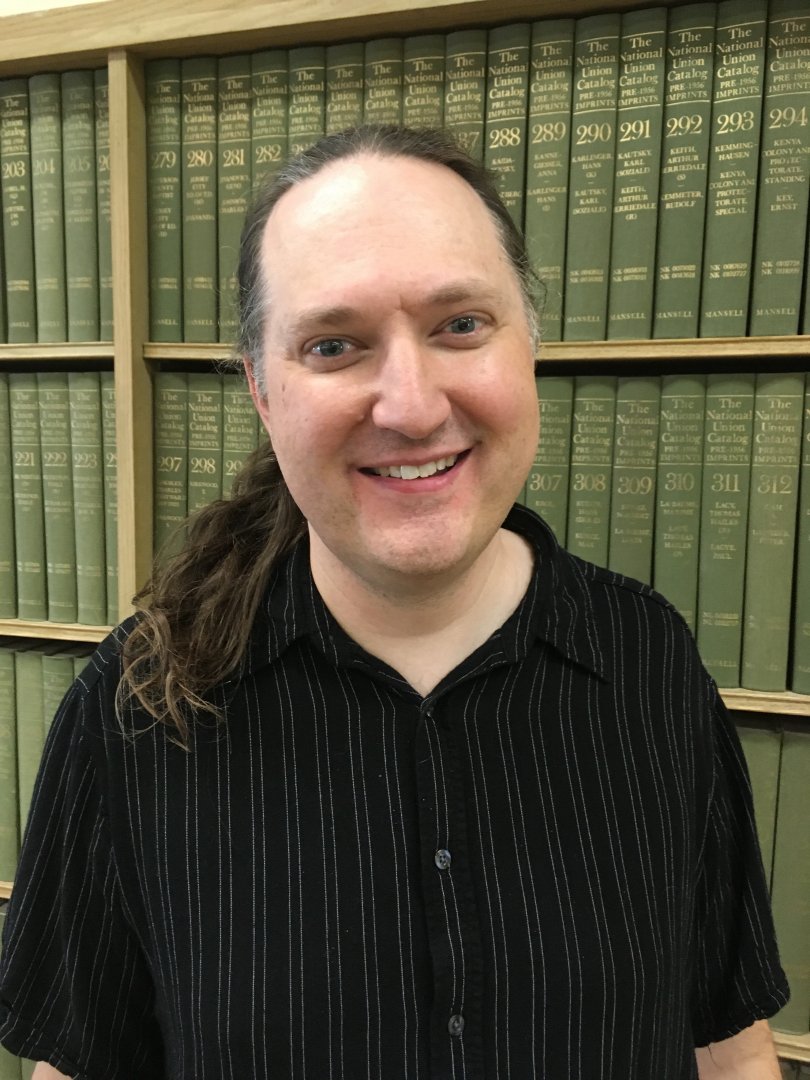Jeff Johannes
Associate Professor of Mathematics
South Hall 326A
585-245-5403
johannes@geneseo.edu
Jeff Johannes has been a member of the Geneseo faculty since 2001. I will not update this page. My actual website is here: http://www.geneseo.edu/~johannes/ Please visit me there.

Curriculum Vitae
Education
Ph. D, Indiana University, 1998
B. A., Cornell University, 1992
Affiliations
I am an active member of the Mathematical Association of America.
I am the liaison coordinator and the chair of the Seaway NExT Steering Committee.
I am also a member of the American Mathematical Society.
Publications
A Type 2 Polynomial Invariant of Links Derived from the Casson-Walker Invariant, Journal of Knot Theory and Its Ramifications, Vol. 8, No. 4 (1999) 491-504.
The Casson-Walker-Lescop invariant and link invariants, Journal of Knot Theory and Its Ramifications, Vol. 14, No. 4 (2005) 425-433.
Bandpass moves and the Casson-Walker-Lescop invariant, New York Journal of Mathematics, Vol. 10 (2004), 231-247.
Modern Geometry and the End of Mathematics, in MAA notes #68 From Calculus to Computers: Using the Last 200 Years of Mathematics History in the Classroom, 2005.
Research Interests
I am currently pursuing several research projects. The newest of the projects is an exploration of the role of Euclid’s Fourth Postulate: “All right angles are equal.” The older of these projects consists of investigating how the Casson-Walker-Lescop 3-manifold invariant changes when modifying the presenting link for a 3-manifold. This project has evolved into studying questions of the Ohtsuki invariants of rational homology spheres, and questions of the space of finite type invariants for links of three or more components.
Interests
- Low-dimensional Topology
- Knots, Links, and 3-manifolds
- History of Mathematics
- Mathematics and Music
- Teacher Training in Mathematics
